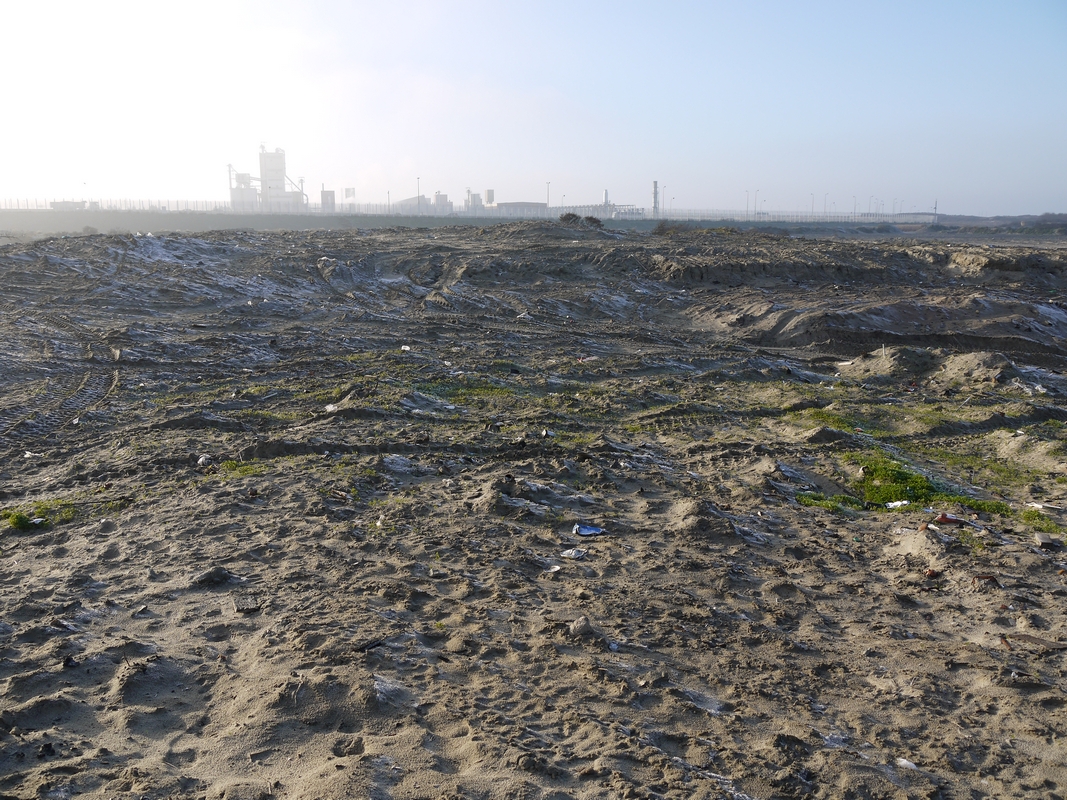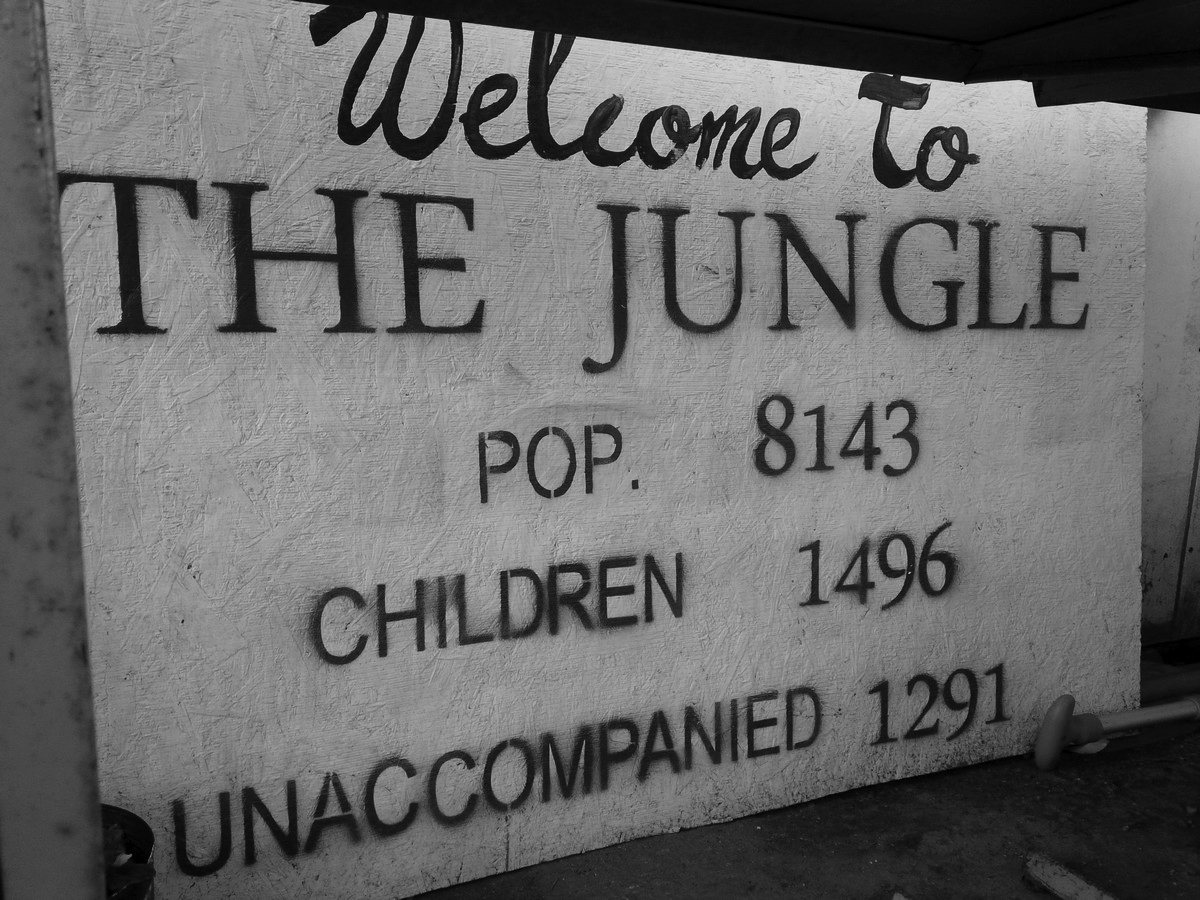Readings and Exhibits to mark the First Anniversary of the Destruction of the Jungle
Calais 2018

I. The Sudanese Quarters
terra nullius – Origin. Mid 19th century: Latin, literally “land belonging to no one,” from terra, earth, and nullius, genitive of nullus, no one.
There are spaces outside memory that belong to no-one or to nature, and there are places cast out of memory and returned to nature or to no-one. Across them there is an order, an order that brings together in time the ground, the territory, the space, the place, the land, the soil.
Published at Public Seminar. Read there.










